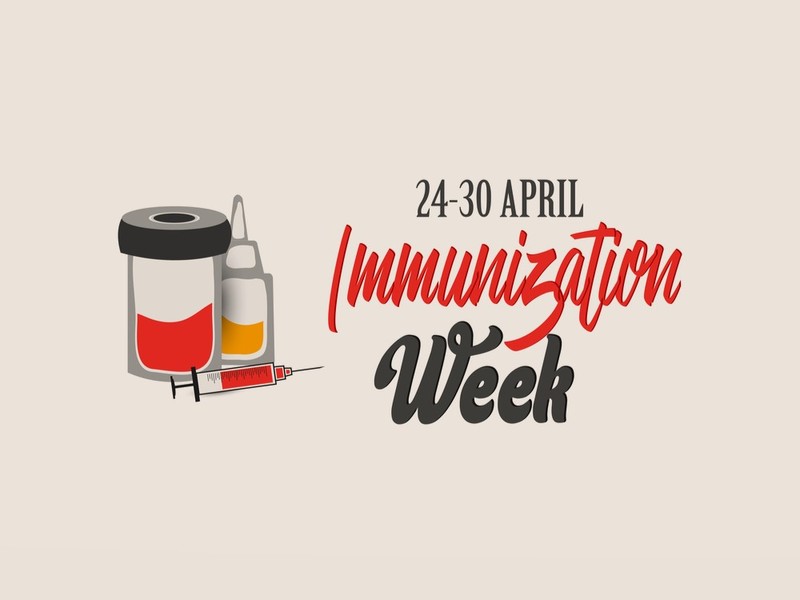Immunization one of world’s most successful and cost-effective health interventions
UNI Apr 23, 2018
World Immunization Week – celebrated in the last week of April (April 24-30) – aims to highlight the collective action needed to ensure that every person is protected from vaccine-preventable diseases.

Immunization saves millions of lives and is widely recognized as one of the world’s most successful and cost-effective health interventions. Yet, there are more than 19 million unvaccinated or under-vaccinated children in the world, putting them at serious risk of these potentially fatal diseases. Of these children, 1 out of 10 never receive any vaccinations, and most likely have never been seen by the health system.
The main goal of World Immunization Week 2018 is to raise awareness about the critical importance of full immunization throughout life, and its role in achieving the 2030 Sustainable Development Goals. This year’s theme: “Protected Together, #VaccinesWork”, encourages people at every level – from donors to the general public – to go further in their efforts to increase immunization coverage for the greater good.
To do so, governments must invest in immunization efforts, advocates must make vaccines a priority, and people must get themselves and their families vaccinated. As part of the 2018 campaign, WHO and partners aim to: Highlight the importance of immunization, and the remaining gaps in global coverage, underscore the value of vaccines to target donor countries and the importance of investing in immunization efforts and highlight the ways in which everyone – from donors to individuals – can and must drive vaccine progress.
The Global Vaccine Action Plan (GVAP) – endorsed by 194 Member States of the World Health Assembly in May 2012 – aims to prevent millions of deaths from vaccine-preventable diseases by 2020 through universal access to immunization. Despite improvements in individual countries and a strong global rate of new vaccine introduction, all of the GVAP targets for disease elimination—including measles, rubella, and maternal and neonatal tetanus—are behind schedule.
-
Exclusive Write-ups & Webinars by KOLs
-
Daily Quiz by specialty
-
Paid Market Research Surveys
-
Case discussions, News & Journals' summaries